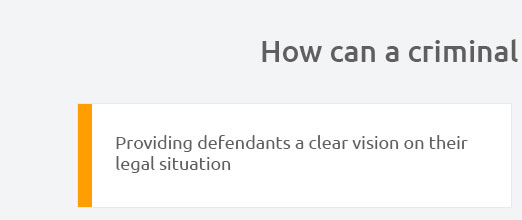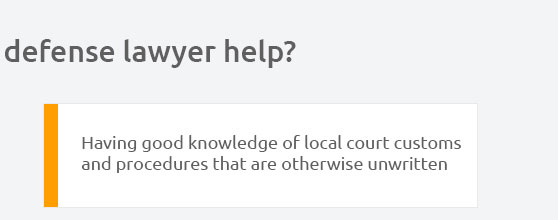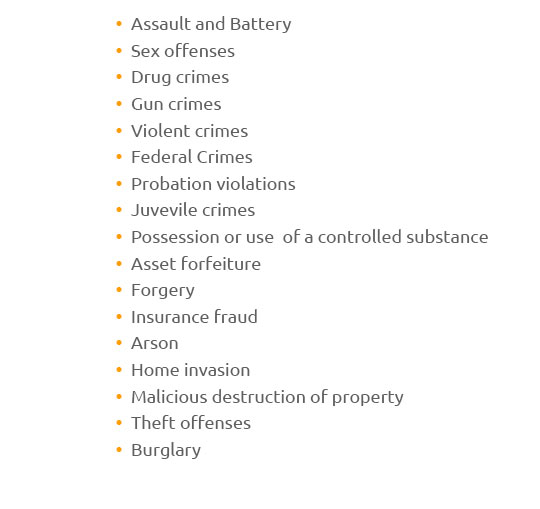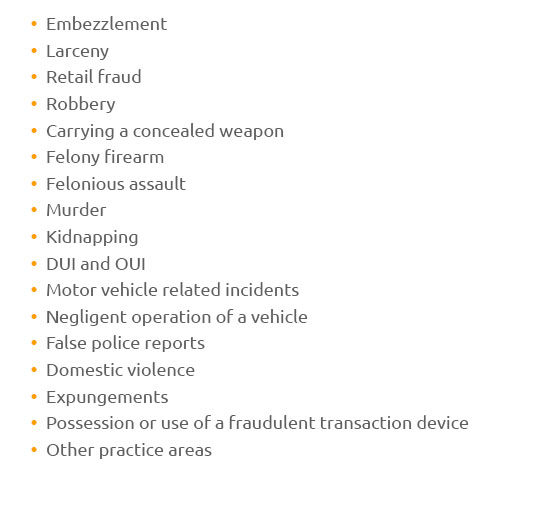 |
|
||||
 |
 |
 |
 |
 |
 |
 |
 |
 |
 |
 |
 |
|
 |
 |
 |
|
||||
|
When you’re facing the daunting complexities of federal charges, you need a federal criminal defense lawyer who is not just experienced, but a relentless advocate in the courtroom; our elite team of criminal lawyers brings unparalleled expertise, a fearless approach, and a commitment to fighting for your rights with precision and power, ensuring that your voice is heard, your rights are protected, and your future is fiercely defended-because when everything is on the line, we are the champions in your corner, ready to battle for your justice.
https://www.columbuscriminalattorney.com/federal-crimes/
The Ohio federal criminal defense lawyers at Luftman, Heck & Associates have years of experience handling these cases and winning optimal outcomes for our ... https://federal-lawyer.com/ohio/columbus-federal-defense/
Our federal criminal defense lawyers have represented clients in more than 1000 federal cases. Call 888-680-1745 for a free consultation in Columbus, OH. https://www.lawinfo.com/criminal-law-federal/ohio/columbus/
A law firm in Columbus, Ohio, Palmer Legal Defense experienced in helping clients with Federal Criminal issues.
|




